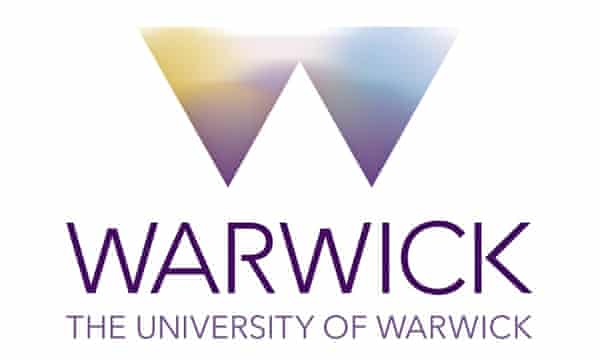University of Warwick: Synthetic diamond and AI research at Warwick to shine in new industry partnerships
Projects that will combine the expertise and insight of University of Warwick researchers with that of business and industry to further developments in diamond-enabled technologies and to develop a Framework for responsible adoption of Artificial Intelligence in the financial services industry have received national funding.
They are announced today (22 July) among eight business-led Prosperity Partnerships in support of the government’s ambitious new Innovation Strategy.
They are supported with an investment of almost £60 million by the Engineering and Physical Sciences Research Council (EPSRC), part of UK Research and Innovation (UKRI), businesses and universities.
Prosperity Partnerships build on existing UK strengths in industry and academia to develop new technologies, processes, and skills that will deliver economic growth and create jobs across the UK.
At the University of Warwick, researchers will establish a supply chain of synthetic diamonds to help develop new technologies, as well as developing a Framework for responsible adoption of Artificial Intelligence in the financial services industry, in projects that will see them collaborate closely with business and industry.
Diamond is one of the most versatile materials on earth, with applications in thermal, optical, sensing, electrochemistry and quantum.
The world we live in today presents a variety of technical challenges, each associated to different industrial applications, such as thermal management bottlenecks in internet and telecommunication infrastructures, as well as industrial wastewater management and disposal. Over the last few years’ diamond has been recognised as a reliable solution in many of these fields, while also unlocking novel applications in quantum technology as well as material machining and welding using high power lasers.
The £5.2 million project, a partnership between the Departments of Physics, Chemistry and Engineering at the University of Warwick and Element Six, aims to establish a supply chain for these vital technologies, which will help researchers and businesses to capitalise on the potential of high quality, engineered synthetic diamonds to deliver new, disruptive solutions across a range of industries, including semiconductors, water technology and quantum.
Professor Mark Newton, of the University of Warwick Department of Physics, said: “The project outcomes will include new materials with improved and tailored properties, new science enabled by enhanced properties and the ability to manufacture innovative diamond devices.”
Dr Daniel Twitchen, Chief Technologist at Element Six said: “Leveraging nearly 20 years of successful collaboration, ranging from fundamental science to commercialised applications, our partnership with the University of Warwick aims to build on the UK’s world-leading role in this field, alongside Element Six’s renowned expertise and capabilities in advanced material solutions, to develop the next generation of diamond-enabled technologies.”
Researchers from WMG at the University of Warwick and the Department of Computer Science are also involved in a project that will see The Alan Turing Institute, HSBC, and other organisations in the financial sector, developing a Framework for responsible adoption of Artificial Intelligence in the financial services industry (FAIR).
This Prosperity Partnership project aims to develop the trustworthy, data-driven AI decision-making approaches that are needed for the wider adoption of these technologies in the financial and professional services sector, which employs 2.2 million people and has an estimated total value of £190 billion. The University will lead the work on security and privacy issues in AI deployment in financial services. Professor Carsten Maple leads the EPSRC-NCSC Academic Centre of Excellence in Cyber Security Research and is a member of the Royal Society working group on Privacy Enhancing Technologies and Professor Graham Cormode is Fellow of the ACM and an award winning researcher for his work in privacy and data analytics.
Professor Maple said: “With the increasing deployment of AI it is vital that the systems and their inferences are secure and respect the privacy needs of citizens and businesses. We are proud to work with such an outstanding group of researchers and organisations to deliver a project that provides the fundamental research that can transform the sector and place the UK at the global forefront.”
EPSRC Executive Chair Professor Dame Lynn Gladden said: “Artificial intelligence, digital chemistry and digital twins are some of the new and transformative technologies that will help to drive the Net Zero revolution, address major societal challenges, and deliver prosperity to the UK.
“By bringing together UK businesses and universities, these new Prosperity Partnerships will generate the knowledge and innovations that will enable these cutting-edge technologies to realise their transformative potential across a diverse range of sectors.”

